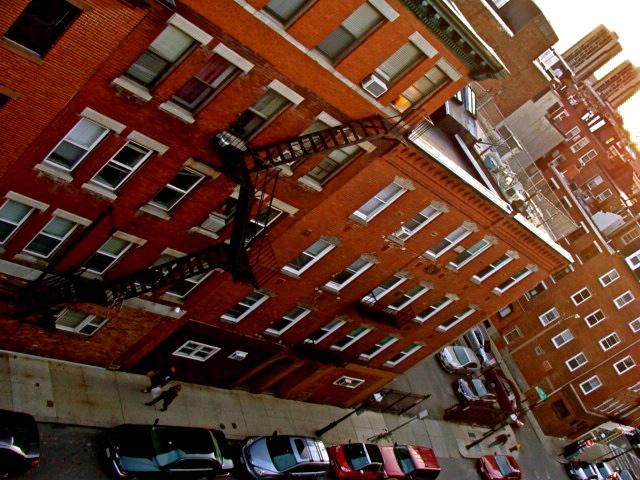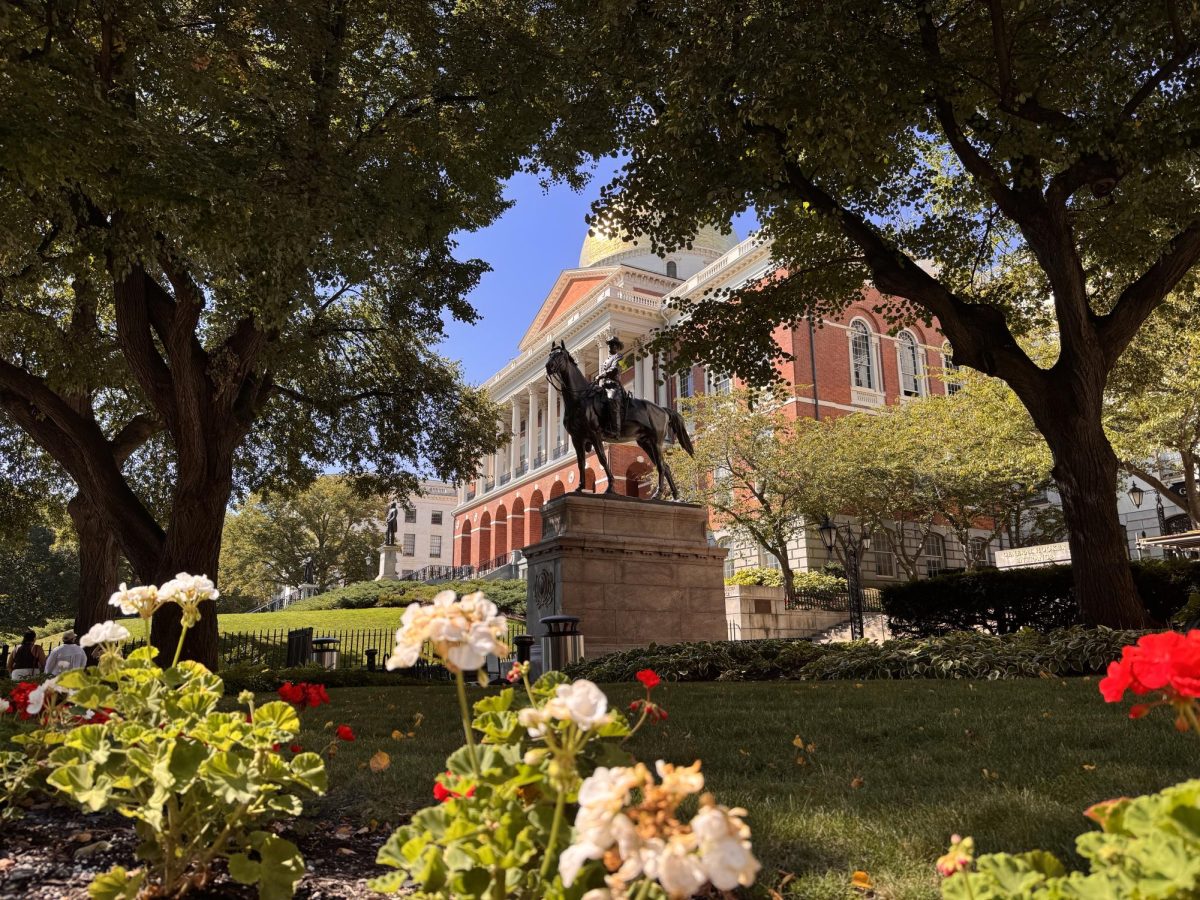Housing is limited at Suffolk University; this is something every student knows when deciding to attend the school. However, not everyone knows what to expect from their apartment search. Budget, location, roommates, transportation to school, and finding a trustworthy landlord are all considerations in the process. The Off Campus Housing Office (OCHO) at Suffolk is available to help students, but in the end, the students are the ones with their names on the leases, and they are responsible for finding the best way to handle their housing concerns.
Yvette Velez, the director of OCHO at Suffolk University, helps educate students about the apartment process. While the office won’t hand students the keys to their new place, they are more than willing to help connect roommates, answer questions, and help them with any challenges.
“We don’t find apartments for you,” Velez said. “You have to own the process. You’re a student, but you’re now also a community member.”
Velez said OCHO provides information about resources and laws in Boston and supplies the mayor’s hotline. OCHO also sends volunteers to the North End, where many Suffolk students rent, on move-in day (September 1) with packets of information.
“They hand out criteria for housing,” she said. “We let them know what the Boston resources are that they should be aware of.”
Although students seem concentrated in areas like the North End and Allston, Velez said that there are students in a variety of neighborhoods, including Fenway, Back Bay and the South End, because the four major public transportation lines run near Suffolk.
Velez acknowledged that a lot of students want a young and trendy area like Cambridge, but that many are starting to discover areas like Mission Hill, where rent is relatively low. A large part of OCHO’s job is educating students about what they think they want versus what the reality is.
“A lot of the newbies want Beacon Hill,” she said. “But then they find out what they’ll be getting for their money.”
While OCHO helps students through a lot of preliminary off-campus help, they also provide support after students have moved in. They encourage students to share their experiences, good or bad. Sometimes, the office receives questions about the behavior of landlords in regards to maintenance.
“Some students say that the landlords are not doing anything,” said Velez. “I tell them that if the building has more than one unit, it’s the landlord’s responsibility. But if it’s just one unit, like a house, then it’s the tenant’s responsibility to take care of it.”
In fact, many of the students renting in Boston are having maintenance issues and are seeing little to no results from their complaints.
Payal Patel, a Suffolk senior living in the North End, has lived in her apartment for two years.
“The first year wasn’t good,” said Patel. “There were maintenance problems that didn’t get checked out.”
Patel said nobody responded to her complaints, and money was taken out of her security deposit for damage that existed before she moved in. Despite an unfortunate first year, though, she said in her second year, responses have been more efficient.
“Maybe it’s because there are so many students here,” she said.
Junior Allison Surozenski is in her first year in a North End apartment, and doesn’t yet know her landlord.
“I’ve had a good experience so far,” said Surozenski. “But you have to be very assertive when you want things fixed.”
In her sophomore year, she lived in a smaller apartment.
“I was definitely paying for location,” she said. “And I still had to be really assertive about maintenance.”
The North End isn’t the only area where students are having problems. Nicole Senecal, a junior living in Mission Hill, said her building was really dirty when she moved in.
“We have to hassle people to come for maintenance issues,” said Senecal. “A lot of the doors didn’t work when we moved in.
It took two weeks before anyone checked it out.
“We called, they never answered,” she said. “We finally sent in our form, and they finally came today.”
She did say, however, that when she lived in Allston, maintenance would come in regularly to check on the place.
Although many students are speaking up, some have little confidence in their landlords.
Sophomore Eva Chevereches lives in a single split in the North End, a small space with no living room for her and one other roommate.
Chevereches said her apartment is “pretty clean,” but expressed doubt concerning her building’s maintenance.
“I do have a lot of maintenance issues that I should call about,” she said. “But I don’t think they would come anyways.”
Chevereches said that when she and her roommate moved in to the apartment, there were broken doors and drawers, among other things. Nobody has asked about repairs or come to check in with them since they moved in.
“My bedroom doesn’t have a door,” she said.
Junior Kirstin Mulvaney, who lives in the North End on Salem Street, is also displeased with hrt building’s maintenence.
“I really love living off campus,” Mulvaney said. “I really love my apartment. I wish that the management company cared about their tenants and whether they were comfortable. I wish everything was satisfactory.”
College students in Boston are supplying a huge fraction of the business for real estate agencies in the city, and with a large turnover every fall, there is a lot of maintenance work to take care of between tenants. Students do not want to be held responsible for the actions of the previous occupants, nor suffer because of them.
Student housing battle isn’t easy
Gianna Carchia
•
September 22, 2011
0
Donate to The Suffolk Journal
$170
$1050
Contributed
Our Goal
Your donation will support the student journalists of Suffolk University. Your contribution will allow us to cover our annual website hosting costs.
More to Discover



















